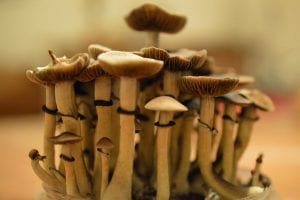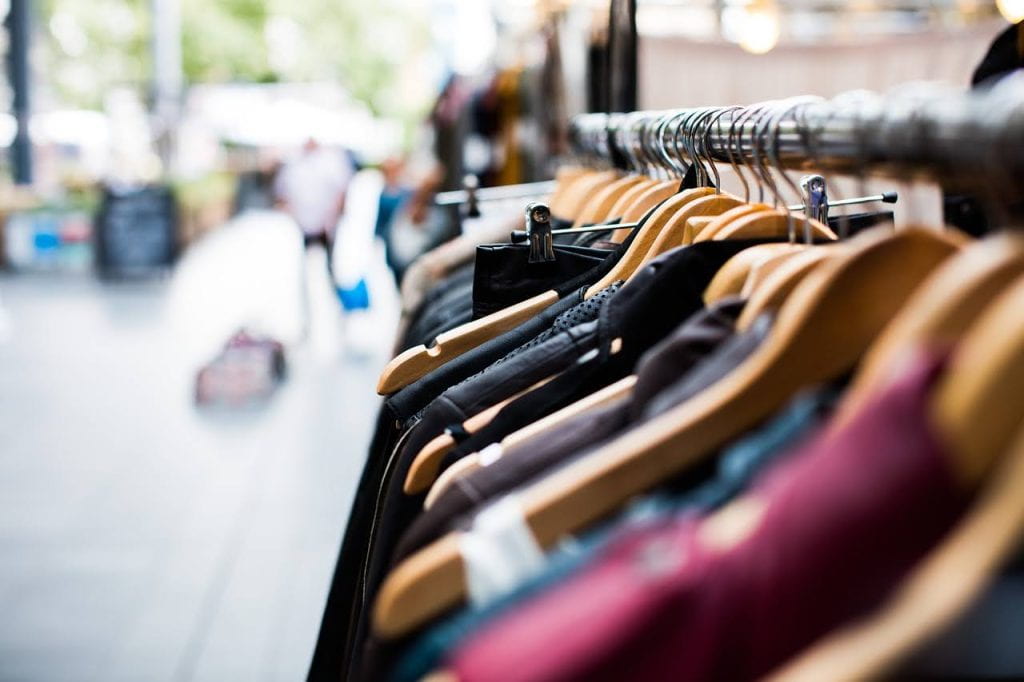A Guide to Buying and Growing Plants Sustainably
“We are living on this planet as if we had another one to go to.” – Terry Swearingen
 Harmony Ramos
Harmony Ramos Harmony Ramos
Harmony Ramos Harmony Ramos
Harmony Ramos Harmony Ramos
Harmony Ramos
With the rise of interest in the environment, many people have taken an interest in plant collecting. Most that partake in collecting don’t bother to think about the downsides and environmental impact that arise with the constant purchasing. Understandably, most would think that on the surface plant collecting would benefit the environment. However, a more in-depth look would provide us a better insight on how we as consumers can learn to shop sustainably for plants.
The first thing that we will look at is the importance of where you buy your plants from. Stores like Home Depot and Target are family favorites to buy plants from, but opting for a local shop can make a bigger difference than you think! Stores like Target and Home Depot are guilty of having their plants shipped in from other sources. Many local plant stores will grow and cultivate plants from the seed, so it takes out the shipment process that generates unnecessary carbon emissions in the process. You also get the satisfaction of supporting a small, local business instead of a big corporation. SF Plants (off of Polk and California) and Clement Nursery (off of Clement and 21st) are my favorites that I’ve visited in the city so far.
However, not everyone has the time to go hunting for a local store, or sometimes it’s just more convenient to buy a plant from Target since you’re already there picking up toothpaste and cotton balls. In that case many online sites are dedicated to sustainable plant shopping so you don’t even need to leave your home.
A great sustainable option of buying online is plantsplz.com. PlantsPlz is a website where people can buy and resell their plants. Oftentimes you’re even able to find something within your area, so the plant doesn’t need to be shipped and instead can be dropped off. The whole point is to build a community of plant lovers, but in a sustainable way. Through this, there are fewer plants dying from miscare or lack of care.
Heyrooted.com can help you with all of your planting needs. You can even take a quiz that will show you plants that directly meet your needs such as low lighting or pet friendly. I find this to be particularly helpful because it cuts out all of the extra time that you would normally spend trying to find a plant that meets your exact needs. It is a super helpful feature and helps reduce waste in its own way by cutting out the potential to throw out a plant due to lack of knowledge. They are also a great place to pick up potting mix as well as other accessories for your plant friends.
The first step to sustainability that is often most forgotten is to reduce. Consumption reduction is a big part of making our planet a safe place to live, but under a consumerist society it can be hard. The majority of people will buy things because they just like to purchase something; shopping is therapeutic. We often forget that plants are living things that thrive under our care, and if we aren’t willing to give them any, then they risk dying. Here are some tips when it comes to trying your best.
- Only purchase what you know you can take care of; don’t put too much on your plate!
- Try avoiding exotic or rare plants, especially if you are a beginner.
- Don’t think that just because you’ve taken care of two houseplants, you are an advanced plant caretaker; stay in your lane until you feel like it is time.

Photo taken by Harmony Ramos.
What if you buy your plants ethically, but they keep dying? It’s not so easy to say that it’s either the plant’s fault or your fault. There are many external factors that can contribute to a plant’s health and growth.
- Too much watering: Many plants don’t need daily watering so it’s important to know what type of watering cycle your plant prefers. Overwatering will literally drown your plant!
- Poor drainage: Oftentimes when plants are bought from mainstream department stores, the pots that they come in don’t have holes in the bottom for drainage or are not sized properly to maintain the roots. This can lead to poor drainage and eventually root rot, leading to the plant’s death. Just another reason to shop from small nurseries!
- Not repotting the plant: Plants grow; it’s in their nature! But sometimes we forget that with their growth above soil, they’re also growing beneath it.
- The soil: Different types of plants need different types of soil. Oxygen levels and acidity levels are important factors to keep in mind when shopping for your plant and buying soil for it. It is important to also change the soil if you do decide to buy plants from mainstream department stores, as most of the time the soil isn’t compatible for the plant, and they use a generic soil just to keep the plant alive long enough to be sold. Soil levels also change over time. For example, the acidity level of some soils won’t be the same five months after you pot it. Make sure that you keep track of this so that way you know when the best time to resoil your plants is.
- Humidity levels: Many common houseplants are actually tropical climate plants, which isn’t an issue as you can still keep those plants even if you don’t live in a tropical climate. It is important though to research how to compensate for the lack of humidity and temperature.
Plant collecting is a fun hobby and can be very rewarding when done right. Hopefully this information has helped to understand the ethics of plant shopping and has left you with thoughts and inspiration to learn more! We as consumers must demand better from production, and the first step in that starts with selective purchasing. Our planet is important, and we must protect it and its resources. One day we won’t need to worry about these consumption impacts, but until then it is important that we continue to care and spread awareness.


